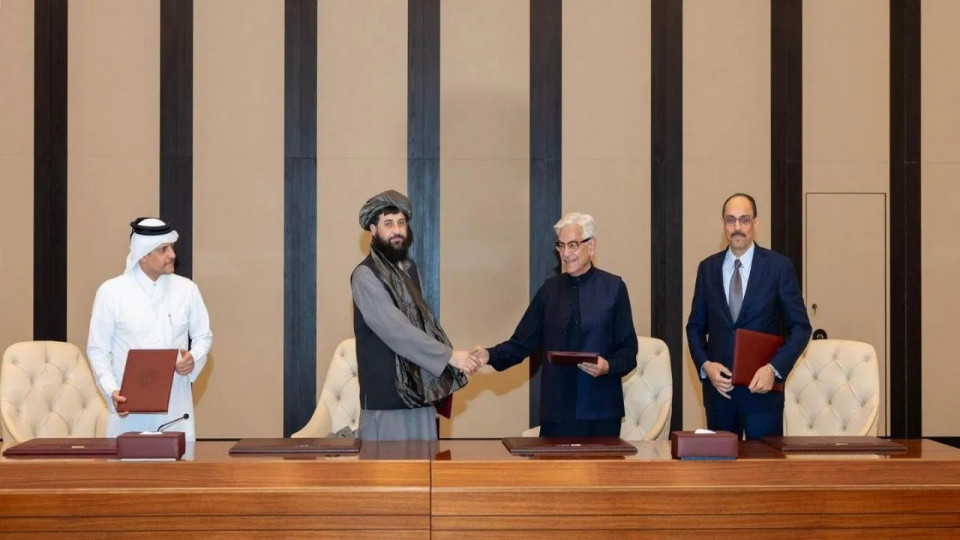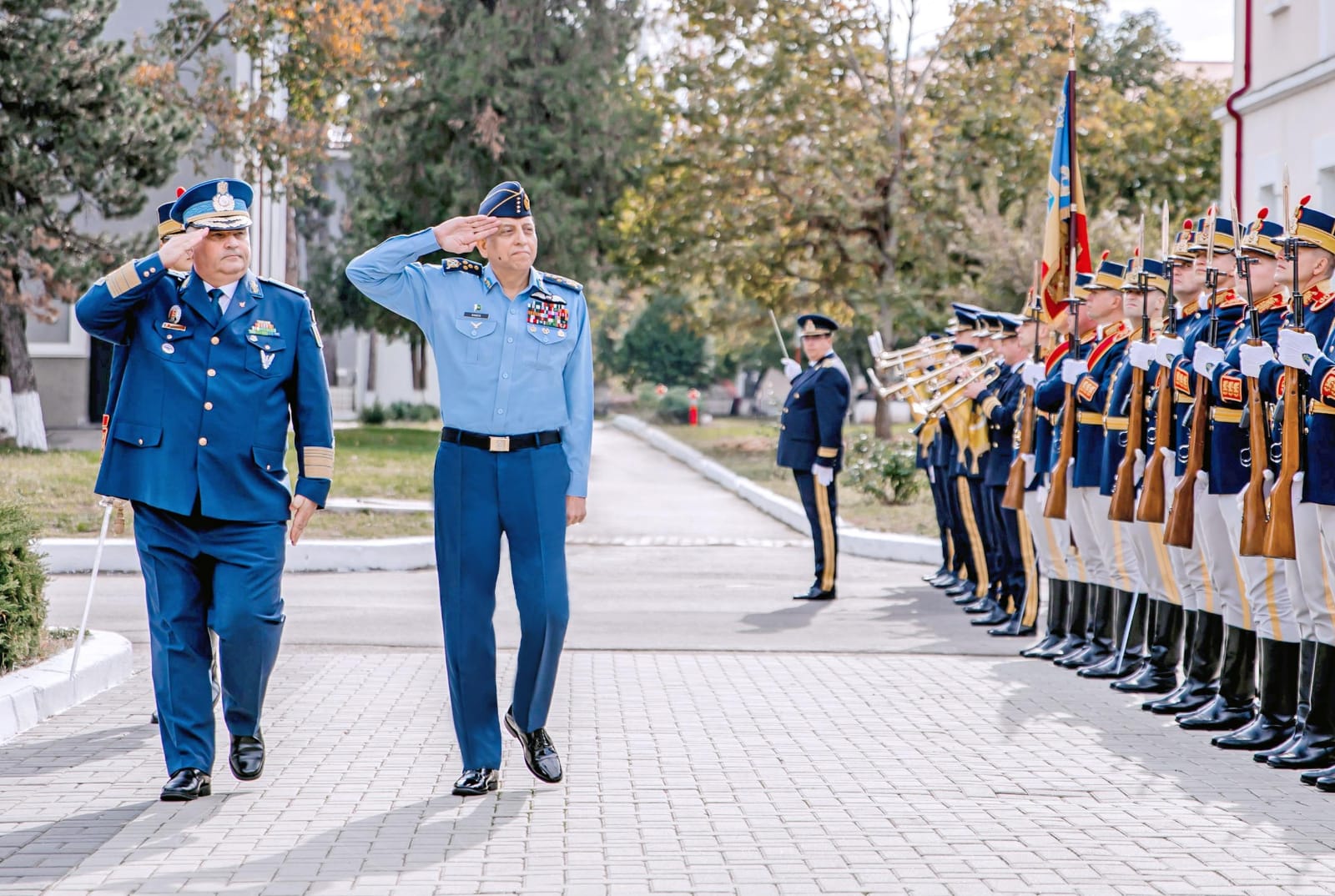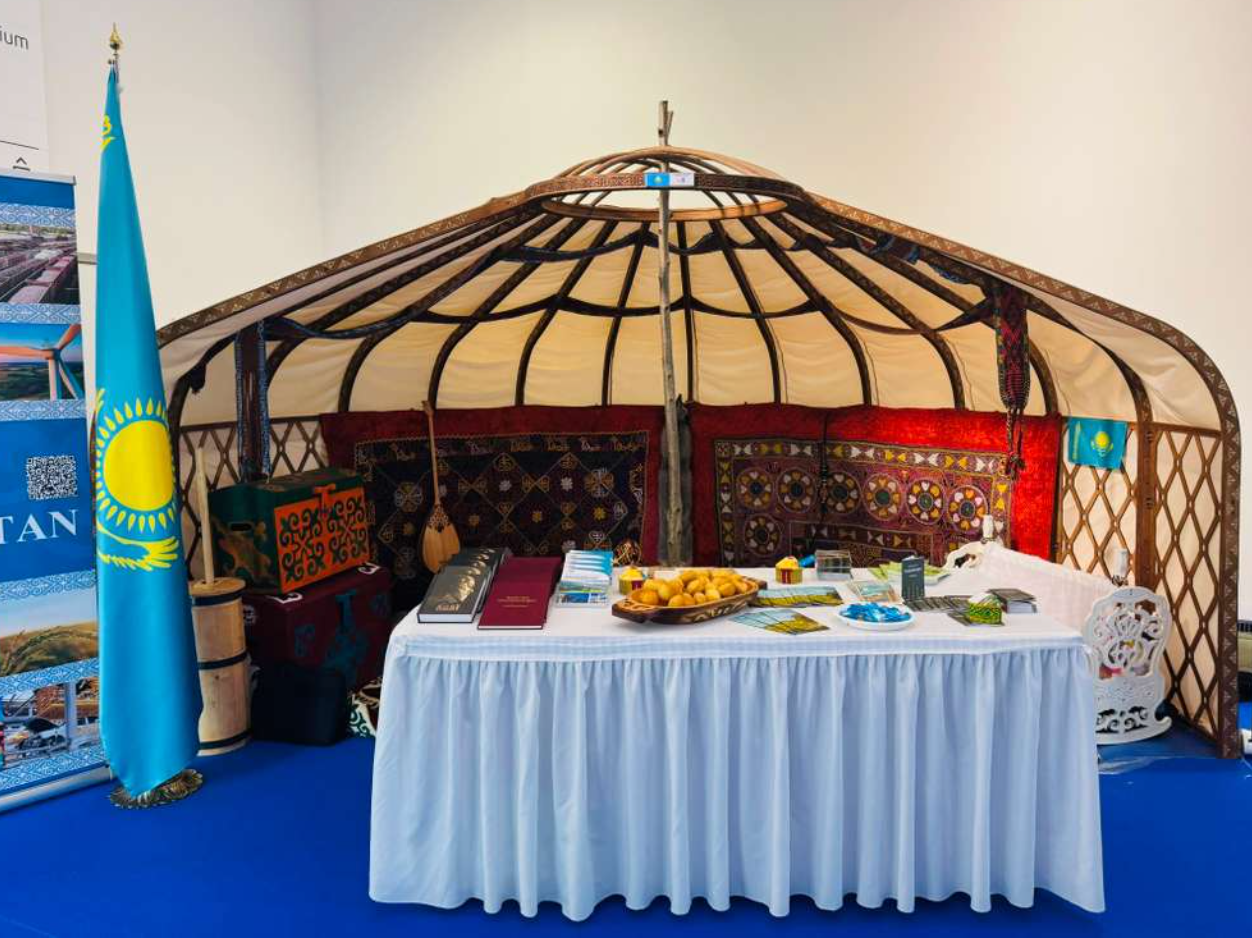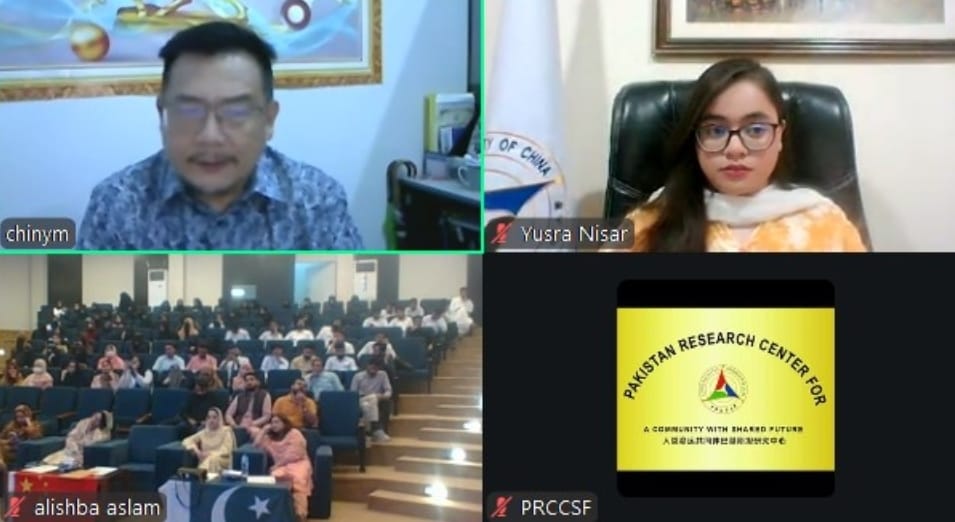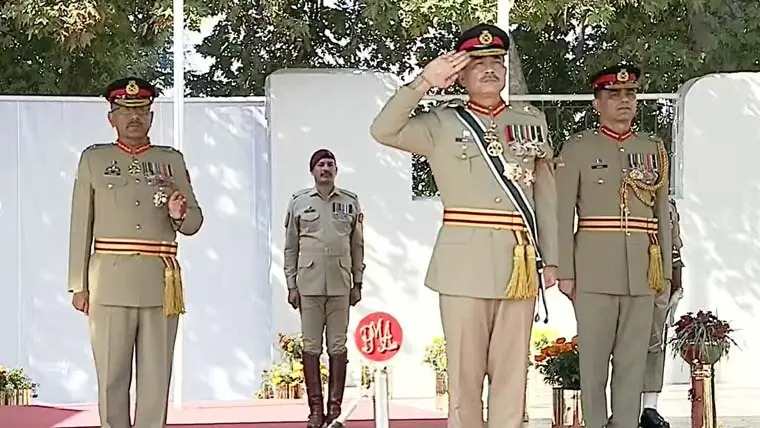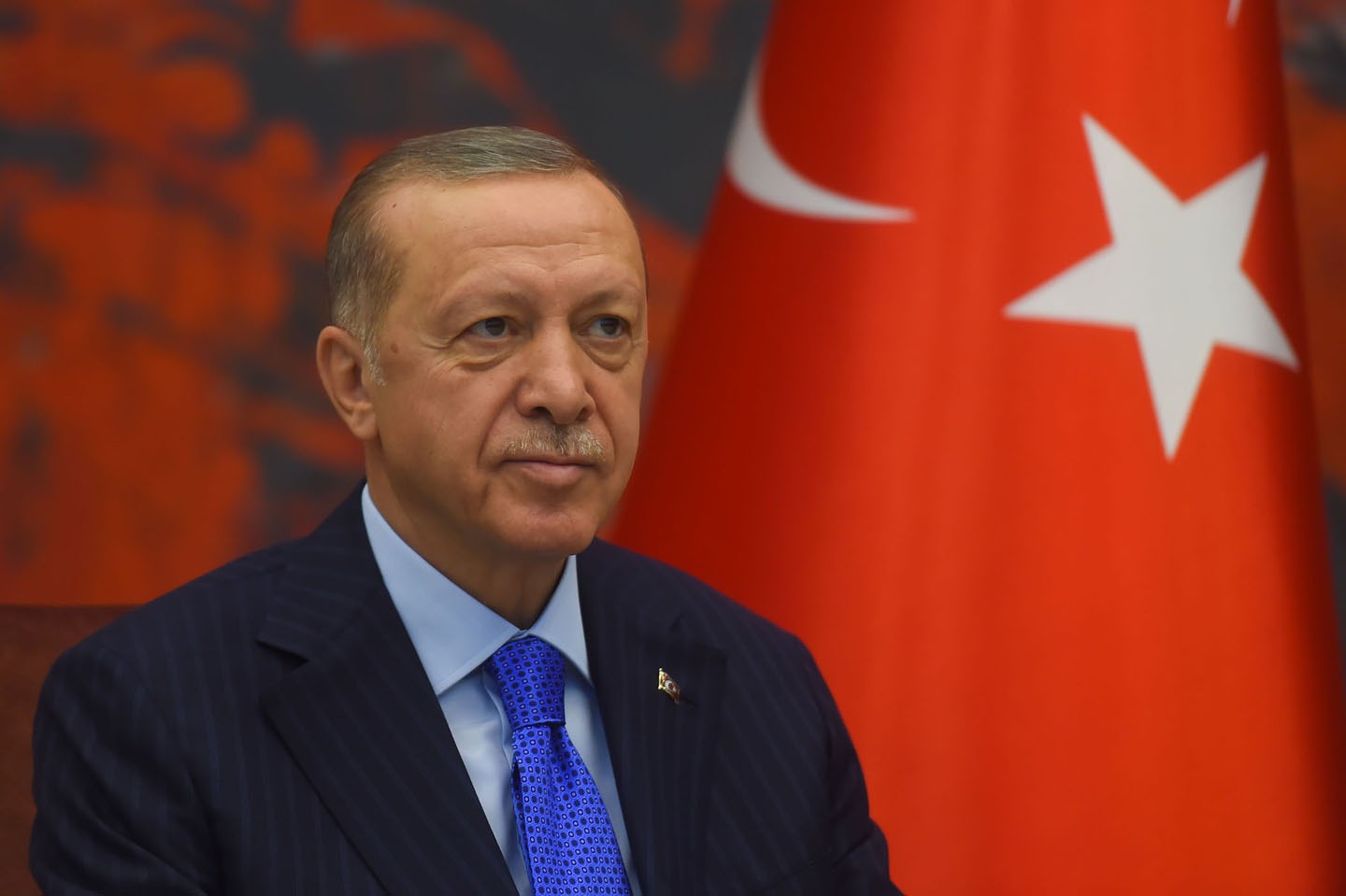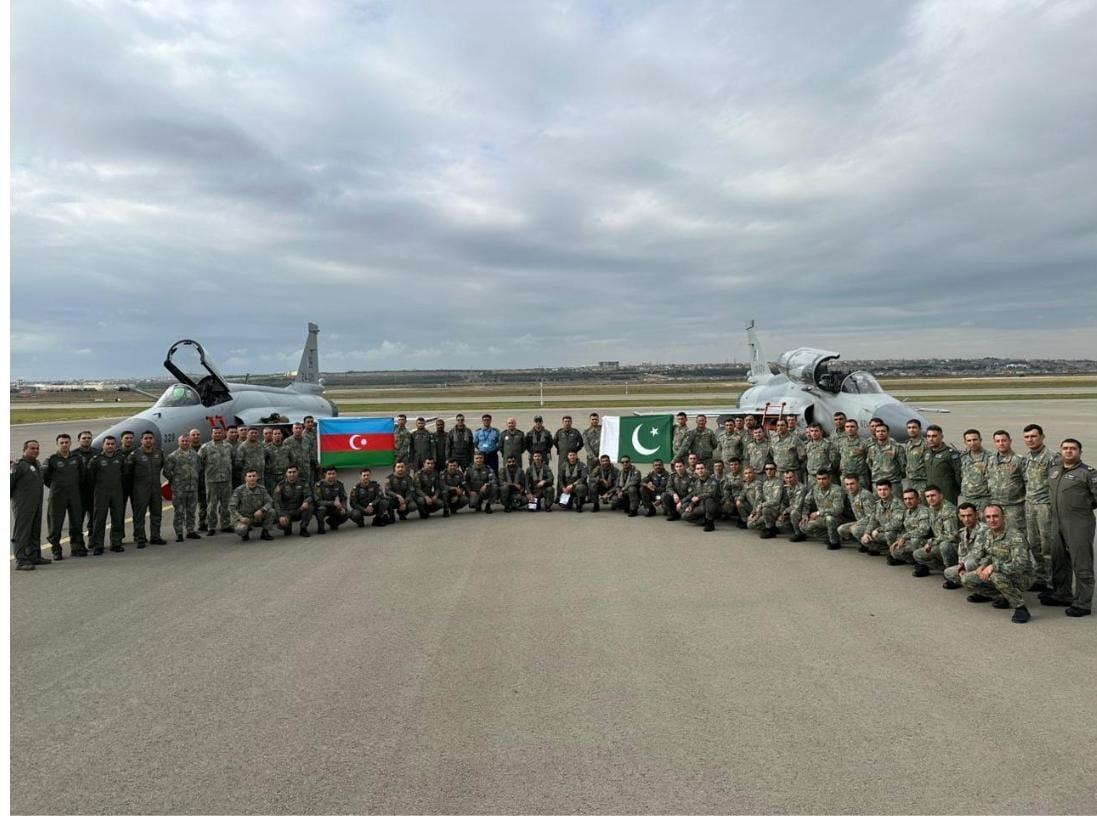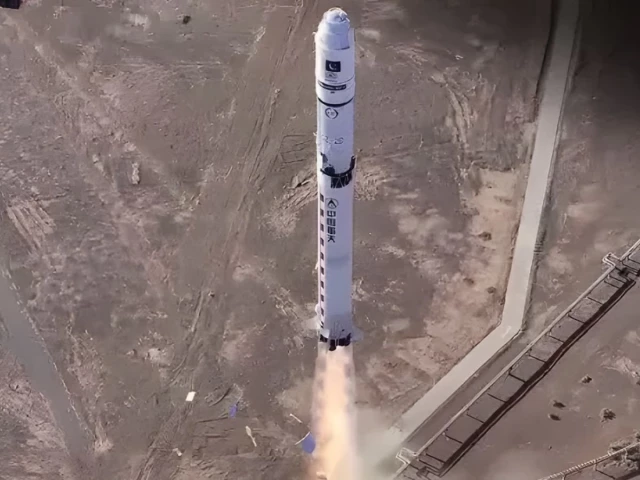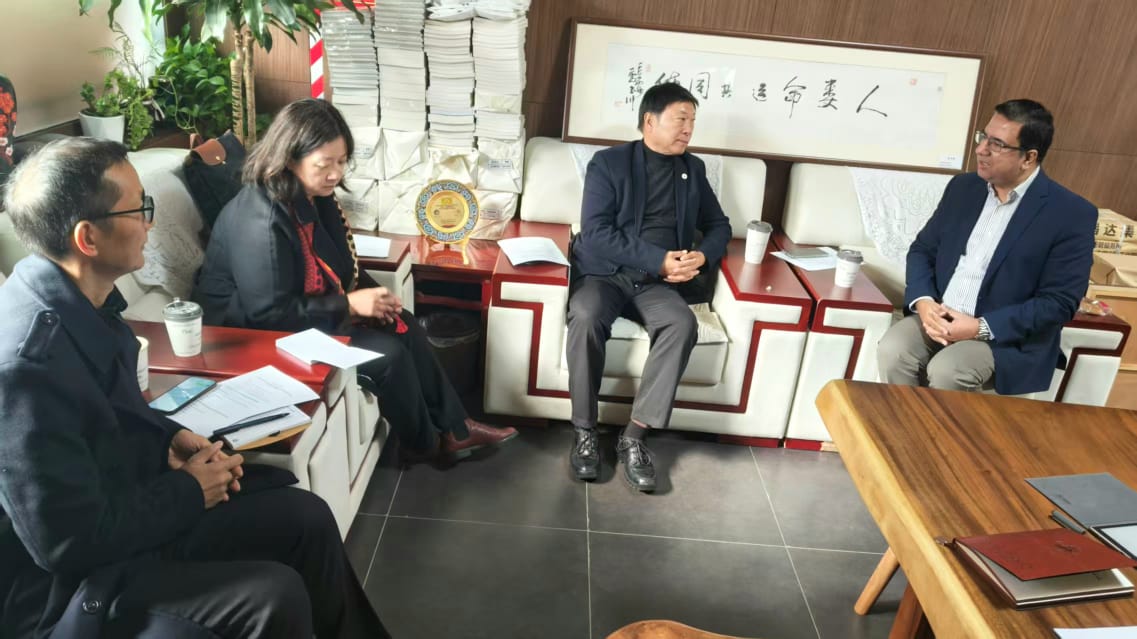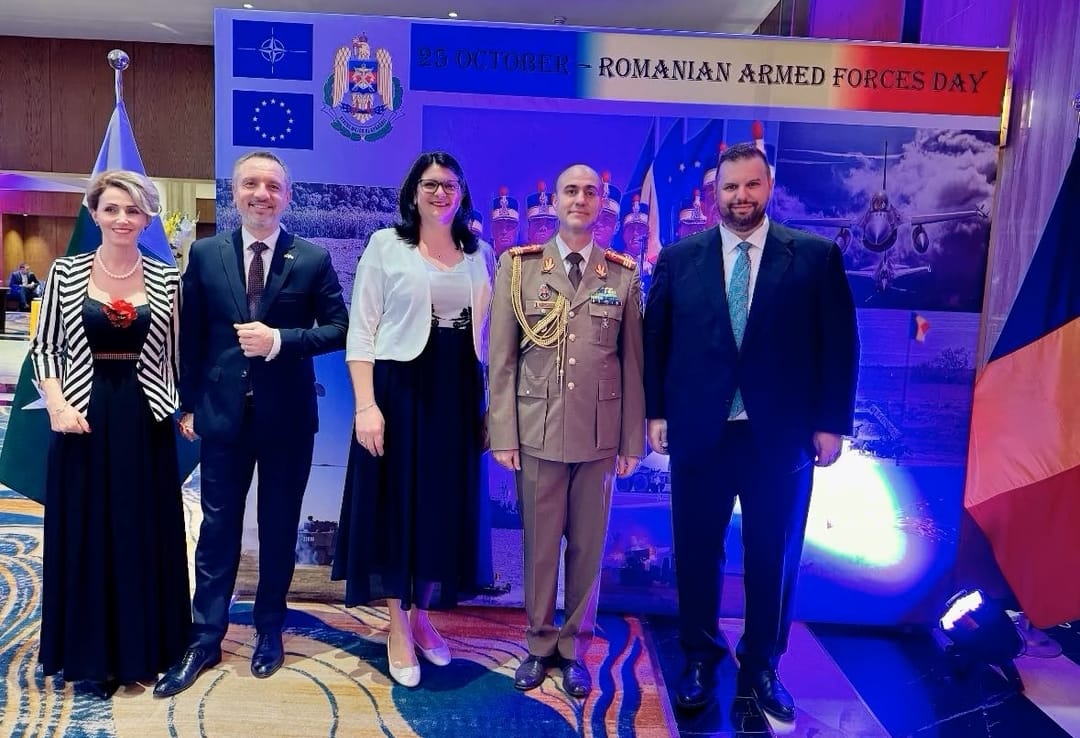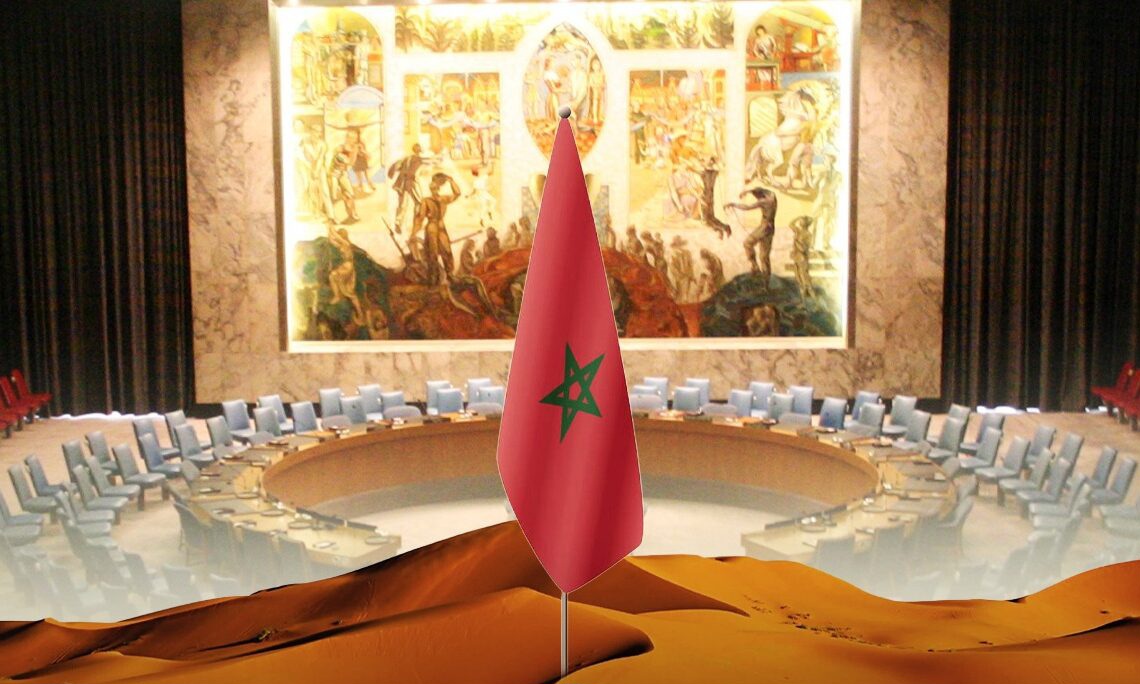I have often heard from the elders that if one truly wishes to eradicate evil, one must strike at its root. Diagnosing the cause of a disease or a problem requires patience, wisdom, and time. Sometimes the diagnosis itself takes longer than the cure. But once the root is known, the healing follows swiftly. However, when the diagnosis is wrong, the consequences are often grave and enduring. Such has been the case with the growing tension between Pakistan and Afghanistan — a crisis whose roots were known to Pakistan from the very beginning, yet whose cure demanded both endurance and resolve.
Pakistan’s approach has always been cautious, deliberate, and grounded in reality. It understood early on that the hand behind Afghanistan’s hostility was not merely ideological but strategic — and that India’s invisible role had inflamed the western frontier. That mischief, long allowed to grow in the shadows, was finally confronted and treated decisively this May. Yet, habits of deceit and manipulation, once formed, take time to unlearn; hence, Pakistan had no choice but to apply the “crooked or curved finger” approach — a firm but necessary measure to correct a neighbour who has lost its sense of balance.
The recent border flare-up was neither impulsive nor unjustified. It was the direct consequence of years of cross-border terrorism originating from Afghan soil. The core issue remains Afghanistan’s refusal to dismantle terrorist networks that continue to wage war against Pakistan. From the TTP to the BLA, these groups act without restraint, their existence and activities verified by numerous international reports, including those from the United Nations.
Pakistan has long exercised patience. It has relied on dialogue, diplomacy, and brotherly appeals to encourage Kabul to fulfil its promises. In 2022, Pakistan’s revered ulema, led by Mufti Taqi Usmani, visited Kabul to convince both the Taliban and the TTP to halt their violence. A tribal jirga followed soon after, and official delegations led by senior ministers continued to travel to Afghanistan throughout 2023 and 2024, each with a message of peace and cooperation. Yet the response from Kabul remained one of indifference, even defiance.
Despite Pakistan’s goodwill — from facilitating trade and easing visa regimes to lobbying for the unfreezing of Afghanistan’s assets — the interim government in Kabul allowed its territory to become a sanctuary for those who kill Pakistanis. The irony is painful. When the Taliban took Kabul in 2021, Pakistan kept its embassy open while the world abandoned Afghanistan. Pakistan ensured the safe evacuation of foreign nationals, advocated for humanitarian aid, and urged global powers to recognize the Afghan government. Yet, in return, Pakistan received bullets, bombings, and betrayal.
The truth is no longer hidden. Verified intelligence, corroborated by the UN’s 36th Analytical Support and Sanctions Monitoring Team, confirms that the Taliban regime shelters and funds the TTP and Al-Qaeda. Training camps thrive across Kunar, Nuristan, and Paktika; thousands of militants cross the border into Pakistan under official protection. Even TTP leaders lives comfortably in Kabul, drawing funding that sustains his operations against Pakistan. This is not ignorance — it is complicity. It is, by definition, state-backed terrorism.
Pakistan’s patience, though vast, is not infinite. Every drop of the blood of our soldiers and civilians demands accountability. For decades, Pakistan hosted over five million Afghan refugees — a gesture unmatched in modern history. It sacrificed socially and economically to keep its neighbour afloat, built hospitals, educated Afghan youth, and supported reconstruction. But generosity cannot become servitude. The time has come for Afghans to return to their homeland. Their “Islamic revolution” is five years old; it is time they rebuild their own country with dignity. Pakistan’s land and resources belong to its 250 million citizens who have borne enough of the burden.
Pakistan’s efforts to foster economic cooperation have been equally sincere. The Early Harvest Program reduced tariffs to boost Afghan exports; the Afghanistan–Pakistan Transit Trade Agreement opened our ports for Afghan goods. Yet, in return, we received cross-border attacks, infiltration, and martyrdom of our security forces. Pakistan’s sovereignty has limits, and when violated repeatedly, those limits turn into red lines.
Afghanistan must understand that sovereignty is not a slogan — it is a responsibility. One cannot demand respect for borders while exporting terrorism across them. When Pakistan strikes terrorist hideouts inside Afghanistan, Kabul accuses it of aggression, ignoring the fact that these targets are legitimate threats. Terrorists build homes and training facilities inside Afghan cities; their presence is known, tolerated, and often aided. The Taliban’s silence in the face of such open violations of international law is, in truth, an admission of guilt.
Afghan soil, once again, has become a playground for foreign intelligence agencies. The weapons left behind by NATO — worth billions — now arm the very militants who murder Pakistanis. Afghan nationals, trained and funded, are part of terrorist teams striking Pakistan’s cities and security installations. This can no longer be excused as “internal issues.” It is organized aggression.
Pakistan’s restraint should never be mistaken for weakness. We value dialogue and diplomacy, but the protection of our sovereignty and our people is paramount. If attacks continue, Pakistan reserves the right to eliminate terror bases, wherever they exist. We are a nation of patience, but also of resolve.
For over four decades, Pakistan has stood with Afghanistan — through war, famine, and political collapse — guided by faith and fraternity. Yet, true brotherhood cannot be one-sided. Afghanistan must now prove that it values this bond by acting against those who misuse its land to shed innocent blood. The Taliban regime must rise above denial, honour its commitments under the Doha Agreement, and take verifiable action against the TTP and its affiliates.
It is still not too late. Afghanistan can choose to walk the path of peace — not for Pakistan’s sake, but for its own survival and stability. History will remember those who sowed division, but it will also honour those who had the courage to uproot the evil that threatened two nations bound by faith and fate.

Director General National Assembly Parliament House Islamabad.
